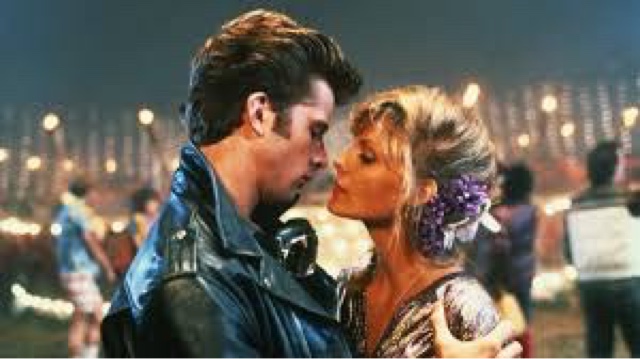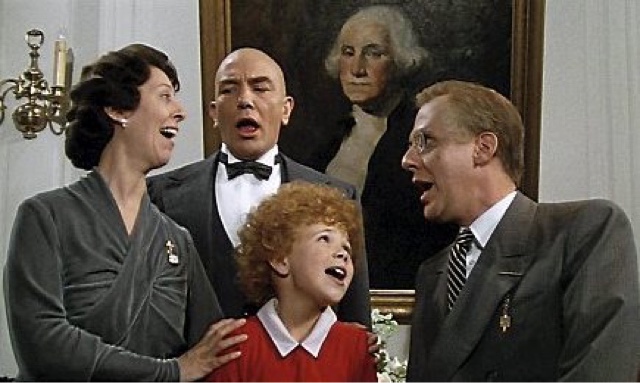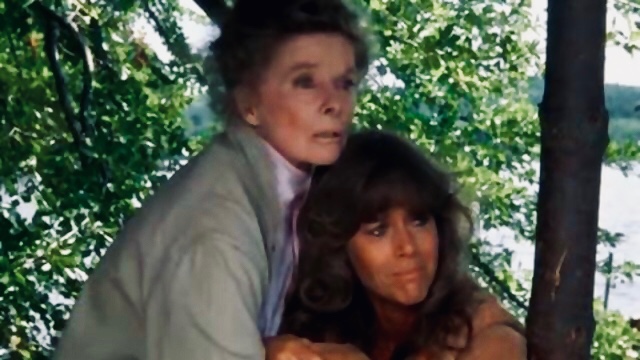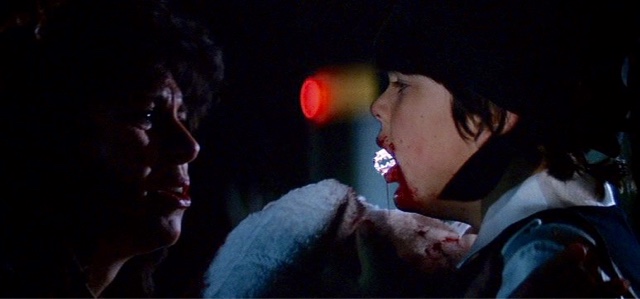our country’s oldest groundhog festival
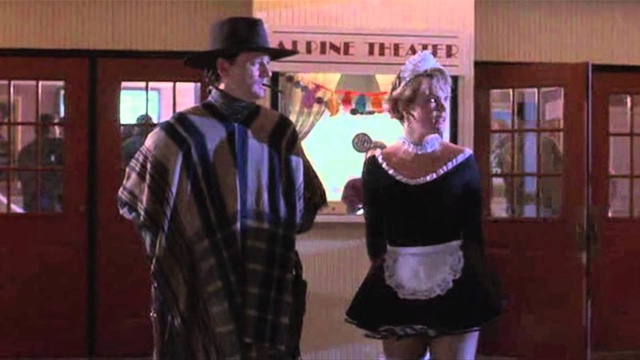
Today is Day 1279, which means that 1278 days ago... No, that's that not true. Day 1000 , I stopped this blog. I had completed (except for a few edits required by faculty later) my master's thesis about blogging and about the presentation of identity on the Internet, and I decided a few days earlier that 1000 was a nice round number and I would finish up this thing and do something else. I tried my hand at YouTube movie reviews for a bit, tried to build a review blog , and eventually made my way back here. So, really, it was 1644 days ago that I sat down to watch Groundhog Day and write about it. Every day. For a year. And, I altered the course of my life. Now, arguably, every little decision does that. One of the points you could take from Groundhog Day . Each little decision has repercussions. I wish the shows around them were better (so I could recommend them), because Joan of Arcadia had a science fair scene and John from Cincinnati had a parking lot barbecue scene th
